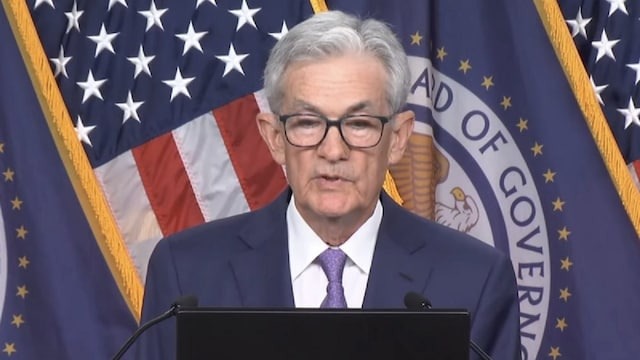
Indian Stock Market Return: In the last few years, the Indian stock market has given record returns. Motilal Oswal's report made it clear that Indian equity returns have surpassed the US market. According to the report, an investment of Rs 100 in the Indian stock market in 1990 grew to Rs 9500 by 2024, whereas in the US it would have been just Rs 8400. The Indian equity market has given strong returns, due to which the investment has increased by about 95 times since 1990. If an investor had invested Rs 100 in the Indian stock market in 1990, it would have increased to Rs 9,500 by November 2024.
Investment of Rs 100 in gold increased to Rs 3200
Apart from this, Rs 100 invested in the US stock market during this period would have grown to Rs 8,400. This clearly shows that the Indian market has given better returns than the US market. The report also compared equity performance with other investment options like gold and cash. It said that gold, which is traditionally considered a safe investment, gave 32 times the return during this period. That is, Rs 100 invested in gold in 1990 grew to Rs 3,200, which is much less than the equity return.
According to the report, cash performed the worst. Keeping Rs 100 in cash and investing it in instruments offering a nominal interest rate increased it to only Rs 1,100 in 34
years. The report also said that if the investment is given time to grow, then there is a higher possibility of it reaching its full potential. The problem arises when by investing personal capital, every small upheaval is noticed, then it can reduce the capital. Initially the investor is not able to understand this situation. But when the bear market continues for months or years, then the portfolio benefit and capital also start decreasing.
The report said that at such times most investors become restless and fear arises. In such a mindset, investors take decisions in a hurry which is completely based on emotions. They do not know that they are causing great harm to themselves. The report said that there should be a long term vision for a healthy investment portfolio. In the case of calculation of tax on capital gains, long term is considered to be a holding period of one year for equity and two years for debt instruments.

 Desk
Desk Share
Share






